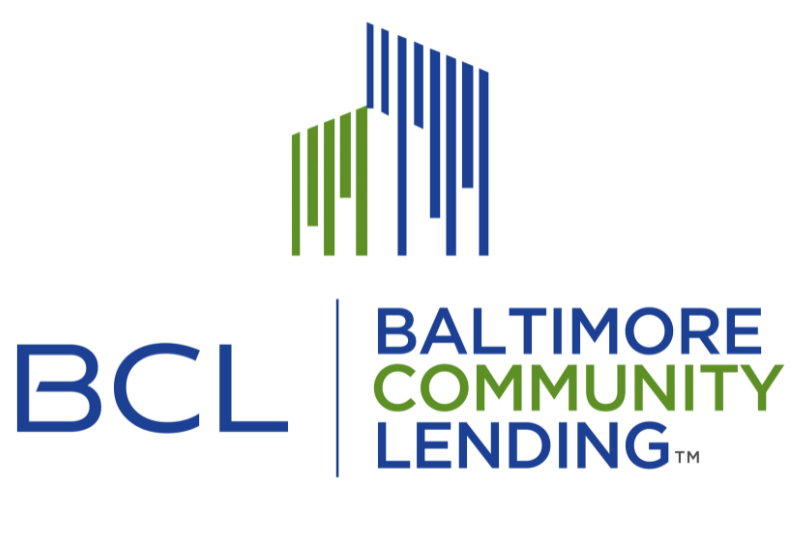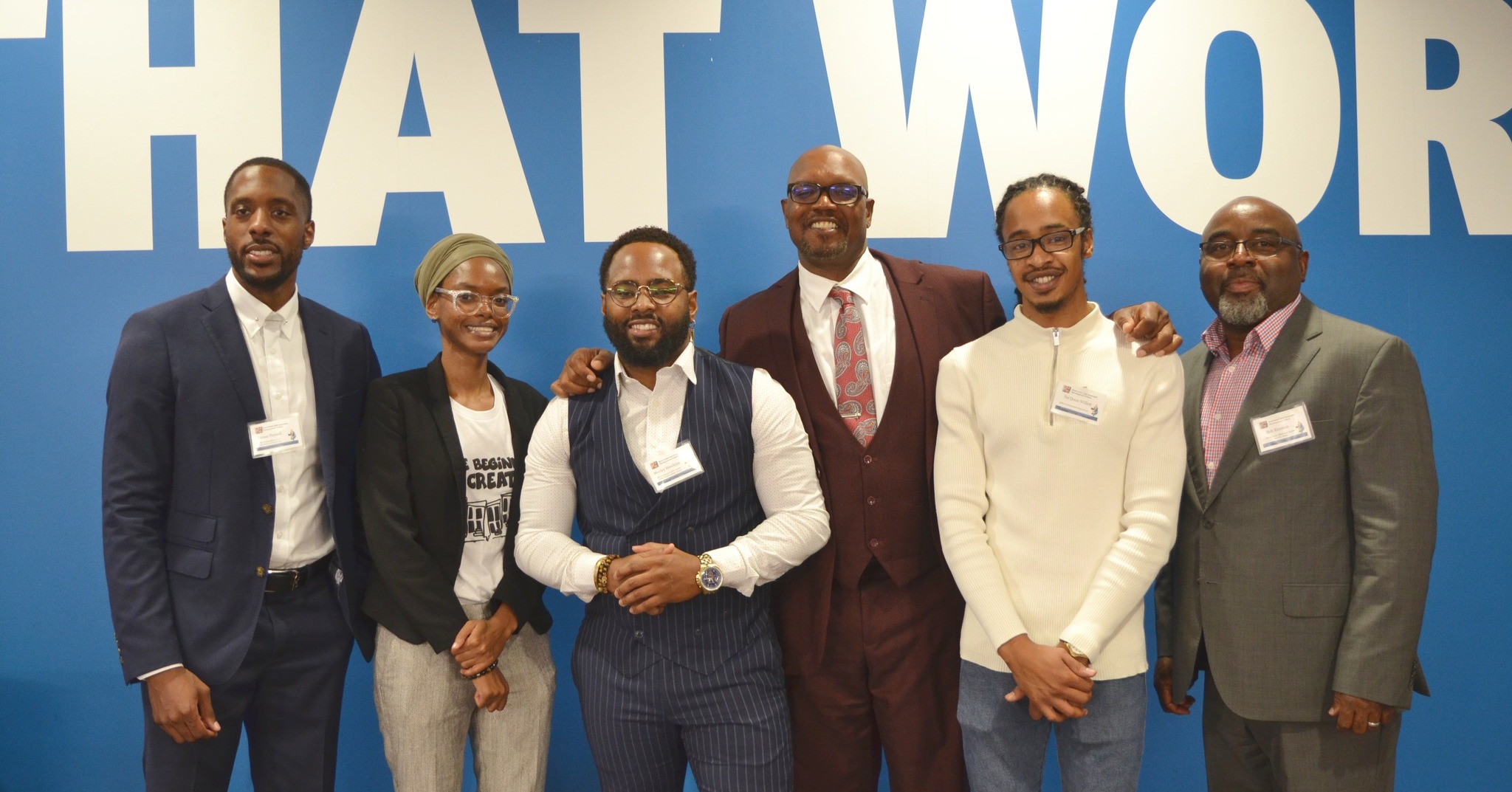
July 19, 2022
If you live in the Baltimore region, you’re probably familiar with the term “Smalltimore.” It describes the interconnectedness between people in the area, and nothing encapsulates it better than the Real Estate Fellows program at the University of Baltimore. Dr. Seema Iyer is the Director of the Real Estate & Economic Development (REED) undergraduate program at University of Baltimore and Director of the Baltimore Neighborhood Indicators Alliance in the Jacob France research institute. Dr. Iyer and William “Bill” Ariano collaborated regularly throughout their professional careers while Bill was at the Maryland Department of Housing and Community Development, and later when he became President of Baltimore Community Lending in 2016. The two often swapped stories about struggling small Baltimore-based real estate developers who were passionate about revitalizing neighborhoods but needed more in-depth training to succeed. Dr. Iyer witnessed this with her REED Program students; as she says, “They have the knowledge of Baltimore and they want to engage in Baltimore development,” but lack the educational opportunities, experience, and network to pursue their visions. University of Baltimore (UBalt) offers a stellar educational experience that is affordable and accessible to everyday working people, but real estate firms often favor hiring individuals with degrees from ivy league institutions. Also, emerging developers may be able to flip a few houses but lack the funding and professional connections to get the experience necessary to work for large firms.
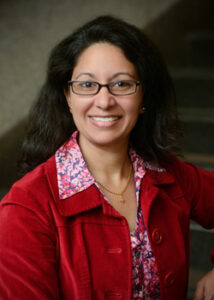
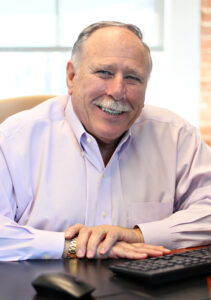
Dr. Iyer and Bill started brainstorming a solution to this problem between meetings, sometimes even chatting in the middle of the street, and “literally put together the concept on the back of a paper napkin,” laughs Bill. Their ideas evolved into a plan for the Real Estate Fellows program at the University of Baltimore, in which students and alumni would receive training and mentorship to address critical development and to navigate the loan application process at institutions such as BCL. In 2018, they formally pitched their plan to the Baltimore Community Lending Board as well as the UBalt Real Estate and Economic Development Association (REEDA), a student-run organization that helps members utilize resources in the real estate community.
Mikita Thompson, President of REEDA at the time, was thoroughly impressed by the pitch. Mikita had developed a love for real estate in her earlier career exploration phase as a landlord and sellers’ advocate, and later embarked on a career path to become a broker. Born and raised in East Baltimore, Mikita understood the unique struggles of the city and knew this program would support local developers in making a difference. In her role as REEDA President, she served on the REED Advisory Board comprised of industry experts from the region; she and the other board members voted in favor of the program and recruitment for the first cohort launched later that year.
During the ten-week fellowship program (sponsored by M&T Bank, Baltimore Community Lending, and the UBalt Real Estate and Economic Development Advisory Board), UBalt students and alumni gain the knowledge and skills to successfully operate their own middle-market development companies. According to Dr. Iyer, the keys to becoming a successful developer are knowing how to manage a business, collaborating with community members, and obtaining financing. Fellows enter the program with a few skillsets, and by the end of the program they have gained a well-rounded education in other skillsets as well. They are mentored by professionals in fields such as finance, real estate, legal, architecture, and construction. Past mentors have included BCL board members Nichole Battle, CEO of Govans Ecumenical Development Corporation and Tony Gross, Senior Vice President of the JLL Agency. Sean Russell, Vice President and Chief Lending Officer at Baltimore Community Lending, has been a mentor for every cohort since the program’s inception.
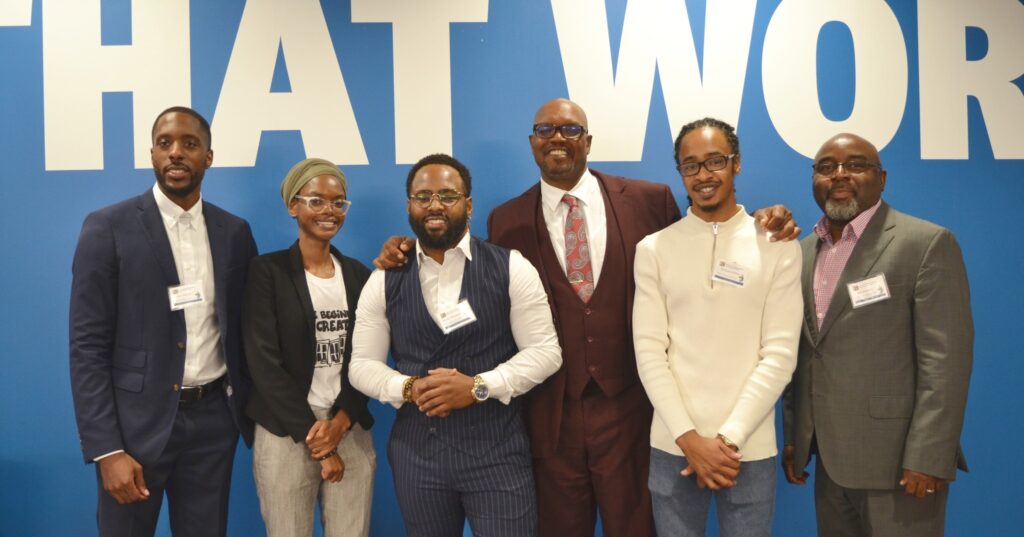
One of the greatest benefits to fellows, and a major reason Dr. Iyer and Bill Ariano wanted to start the program, is receiving guidance on funding their projects. As Bill explains, “You can have a great idea and fantastic support, but if you don’t know how to get it financed, it doesn’t go anywhere.” The program teaches fellows the ins and outs of obtaining financing for their projects including how to build credit, develop a detailed cash flow analysis, and articulate how they will pay back their loans. They learn how to navigate the city’s construction, building, and housing requirements, as well how to access the various tax and financial subsidies available for projects that meet certain criteria. This often-confusing bureaucracy might otherwise be a deterrent for beginner developers.
The program culminates with the “Pitch for a Million” competition in which fellows pitch a development project to a panel. The competition offers participants a chance to win $10,000 in equity from a donor fund established at UBalt by industry professionals and the Reznick Foundation, as well as coaching from BCL on how to apply for up to a $1 million loan from BCL to pursue their project. The 2022 competition winner was the Three Walls Development team, whose goal is to build vibrant communities in Baltimore through affordable, family-owned housing. Everyone involved with the program, including the mentors, have seen tremendous growth in the program graduates. Sean Russell says, “It’s been a terrific ride. Being able to partner and mentor at a group level has been a great experience. The possibility of a cohort member getting their project done, getting their dream, and paying back their loan is the biggest win.” Similarly, Dr. Iyer says, “I am just so amazed by how much the fellows learn throughout the process. They understand how hard it is and they’re willing to learn.”
Mikita Thompson, who voted in favor of the program when it was pitched to REEDA, can attest to the program’s efficacy. She was so impressed that she applied and was accepted as a fellow in 2020. As a Maryland and Washington, D.C. realtor, Mikita was eager to learn how to develop a winning prospectus to obtain financing for large scale renovation projects in a way that would both contribute to Baltimore’s revitalization and increase her profitability. She recalls, “I got so much from the experience. It inspired me dig in deep into the new construction process.” Mikita had never experienced the process of acquiring funding through commercial financing for a real estate project, so she worked closely with her mentors to learn how. She diligently researched to develop an estimate for her pitch competition project: building modular homes in East Baltimore’s Oliver Community. One of Mikita’s proudest moments came when an experienced contractor and 2019 fellow confirmed that her estimate was accurate within a few dollars. Although navigating the program was a challenge, she never gave up and was selected as a finalist to pitch her project in the 2020 “Pitch for a Million” competition. Mikita says the skills she gained from the program have been integral to her subsequent success, and she has been receiving follow-up support from BCL as she looks to future residential rehabilitation business opportunities.
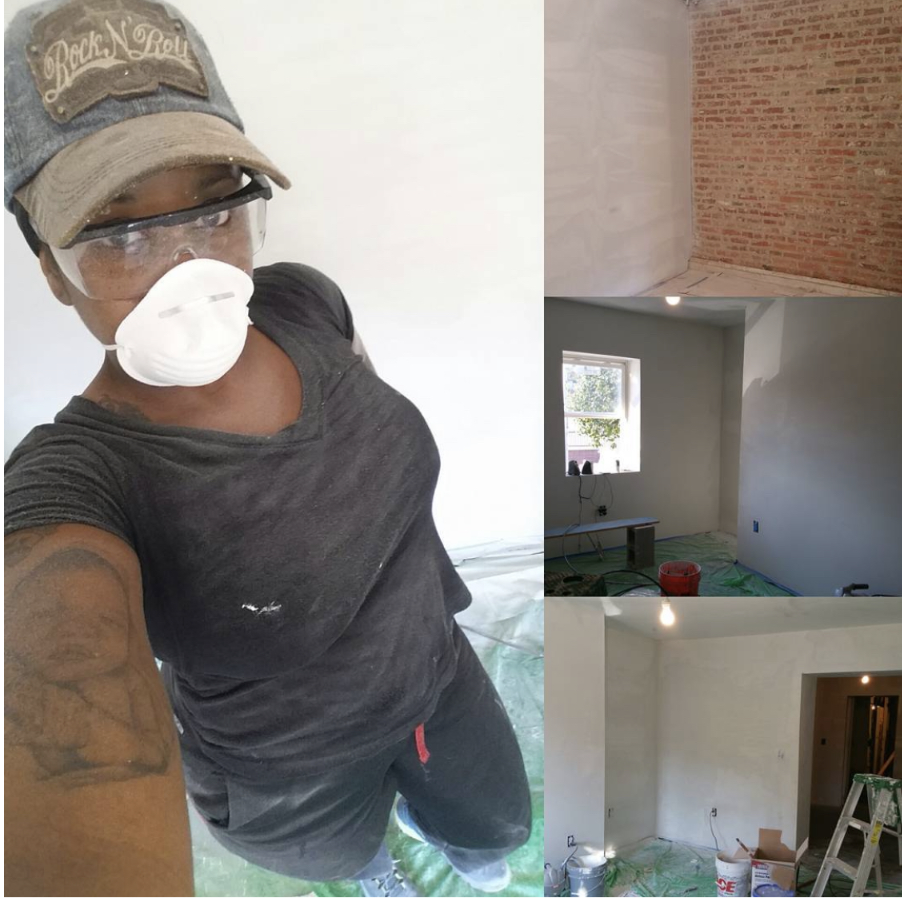
Equally important is the relationships established by the fellows. They often work together and support one another well beyond the ten-week program. Tiffany Green, owner of Concrete Support LLC, won the competition in 2019 and used BCL’s line of credit to rehab a single-family home in Northwest Baltimore. She brought in Mikita as her realtor, worked with professionals she had met during her fellowship, and continued working with her mentor, Nichole Battle, throughout the entire process. Likewise, Mikita has provided guidance to and worked in a professional capacity with many fellow alums since 2020. She says it feels rewarding helping people. “People focus on the wrong things when it comes to Baltimore. Yes, there’s crime, but that’s not what I focus on. I focus on the positive.”
Perhaps the most important trait of a fellowship candidate is their commitment to community. Anyone can learn business skills, but individuals bear the responsibility of caring about the people for whom the development exists. Bill Ariano knows all too well the importance of location and attractiveness; in his words, “Think about the final product. You have to build with scaling in mind.” Revitalizing underserved blighted neighborhoods doesn’t happen by rehabbing a home in the middle of a block surrounded by vacant homes; it also doesn’t happen by installing bare-bones amenities. His advice is to start with a house (preferably multiples houses) or a building on a block that already has occupants, and to have a plan in mind for continually developing the block. He also emphasizes the importance of building something that is functional, aesthetically pleasing, and will be enjoyed by the homeowners or tenants.
Baltimore has its challenges, but it also has a lot going for it. It takes a village (or in this case, a city) to overcome these challenges and there are plenty of ways to get involved. The Real Estate Fellows program at the University of Baltimore is just one example of stakeholders working collaboratively to identify and create opportunities throughout the city. If you’d like to support the program, you can learn more about the fellows, offer your professional expertise to the next cohort, or invest in a fellow’s project. Also: never underestimate the power of plans written on the back of a napkin.
Learn more about Real Estate Fellows program at the University of Baltimore on their website.
Learn more about Mikita Thompson on her website or LinkedIn page.
